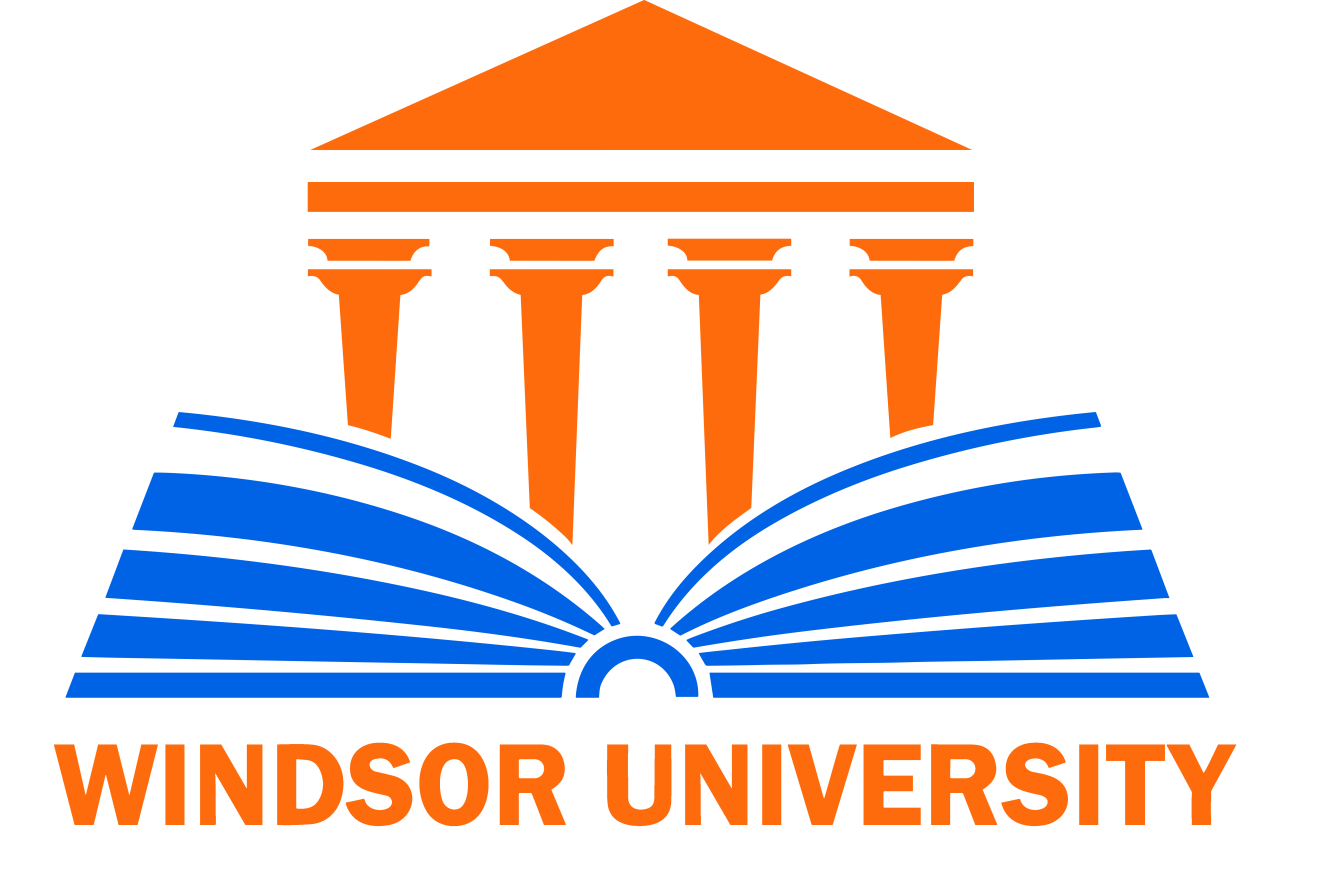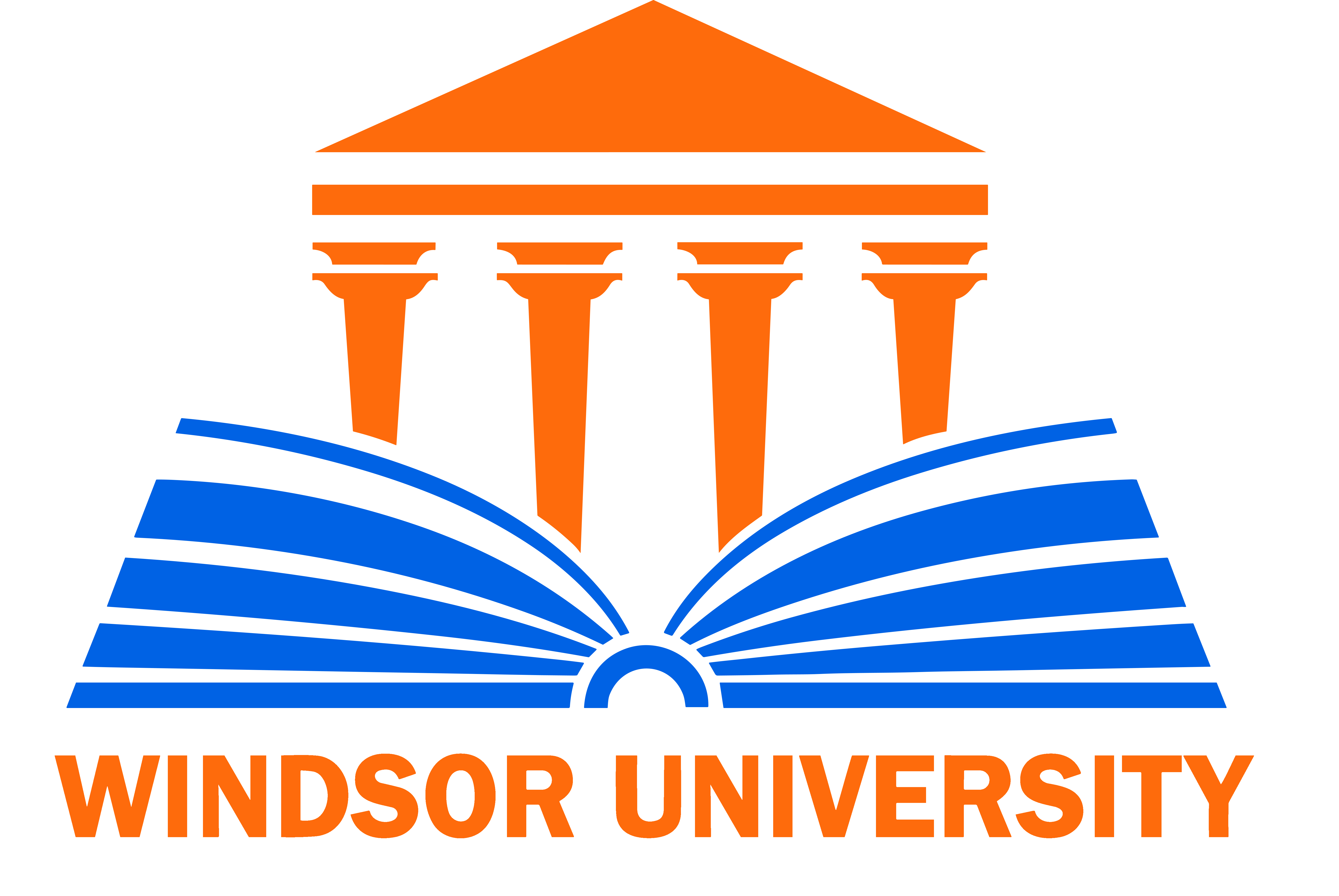Frauds & Deceptions Policy
Plagiarism
T
he unintentional or intentional representation of the words or ideas as one's work in any academic exercise. This includes failing to accurately identify direct quotations with both a proper citation and quotation marks, submitting a paper that was the result of someone else's efforts but is represented as one's own work, paraphrasing bodies of work without proper citation, and copying so many words or ideas from a source that it makes up significant majority portion of one's own work even while attempting to paraphrase and change the text. Plagiarism also includes providing incorrect information about the source of a quotation and submitting academic work multiple times without informing the Course Instructor and receiving approval. When Course Instructors or University personnel suspect plagiarism, both special programs, and the Internet will be used to identify intellectual property sources suspected of being used or cited inappropriately.
Fabrication
F
alsifying documents, changing or inventing data, citing sources not consulted, and misrepresenting citations.
Unauthorized Assistance
T
his is identified as completing an academic exercise or exam by someone other than the student, using or receiving copies of the work of someone who had previously taken the course, or collaborating without acknowledging the collaboration. Students must realize any collaboration and its extent in all submitted coursework.
Misrepresentation
T
his is defined as lying or misrepresenting a student's situation to a University member in an attempt to receive exceptional circumstances, permissions, quiz, and/or exam or extensions.
Frauds & Deceptions Policy
Frauds in academic settings undermine integrity and trust, which are fundamental to education. Windsor University has a comprehensive policy addressing various forms of frauds and academic deceptions. Below are key aspects of the policy:
1. Plagiarism
Plagiarism is a serious form of academic fraud. It includes the unintentional or intentional representation of someone else’s words or ideas as one’s own. Examples include:
- Failing to accurately identify direct quotations with proper citation and quotation marks.
- Submitting a paper written by someone else but presenting it as one’s own work.
- Paraphrasing content without proper citation or copying significant portions from a source, even with attempted paraphrasing.
Plagiarism also extends to providing incorrect information about a quotation source and submitting the same academic work multiple times without instructor approval. To combat plagiarism, instructors and the University use specialized programs and Internet tools to verify the originality of submissions.
2. Fabrication
Fabrication, another form of fraud, involves falsifying documents, altering or inventing data, citing sources that were not consulted, and misrepresenting citations. These actions compromise academic integrity and are strictly prohibited.
3. Unauthorized Assistance
Using unauthorized assistance in academic exercises is a form of fraud. Examples include:
- Having someone else complete an exam or assignment.
- Using or sharing coursework from a previous student.
- Collaborating on assignments without acknowledging the collaboration.
All students must clearly indicate the extent of any collaboration in their submissions.
4. Misrepresentation
Misrepresentation involves lying or providing false information to University personnel to gain special permissions, quiz retakes, exam extensions, or other exceptions. Such actions constitute fraud and are not tolerated.
Preventing Frauds in Academic Work
At Windsor University, maintaining academic integrity is a priority. Students are encouraged to:
- Properly cite all sources.
- Avoid falsifying data or misrepresenting work.
- Complete all assignments and exams independently, unless collaboration is explicitly allowed.
For more information, students can refer to resources like the Plagiarism Guide by Purdue OWL and the Turnitin Resource Center.
Internal Resources for Students
By adhering to these guidelines, students can help create a fair and ethical academic environment, free from frauds and deceptions.




